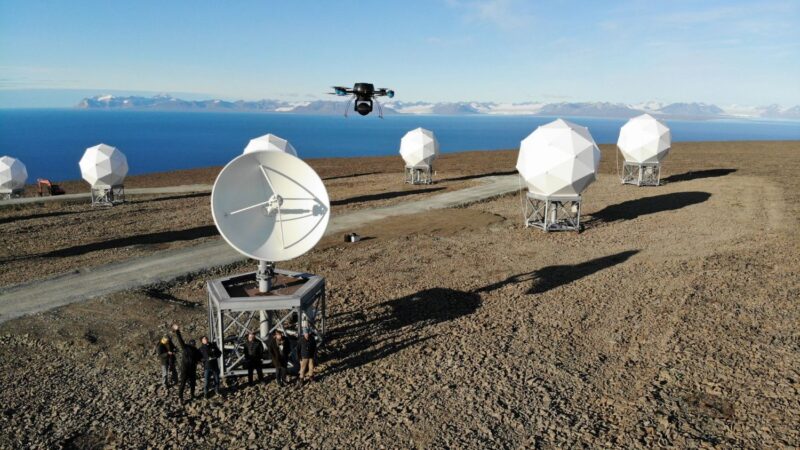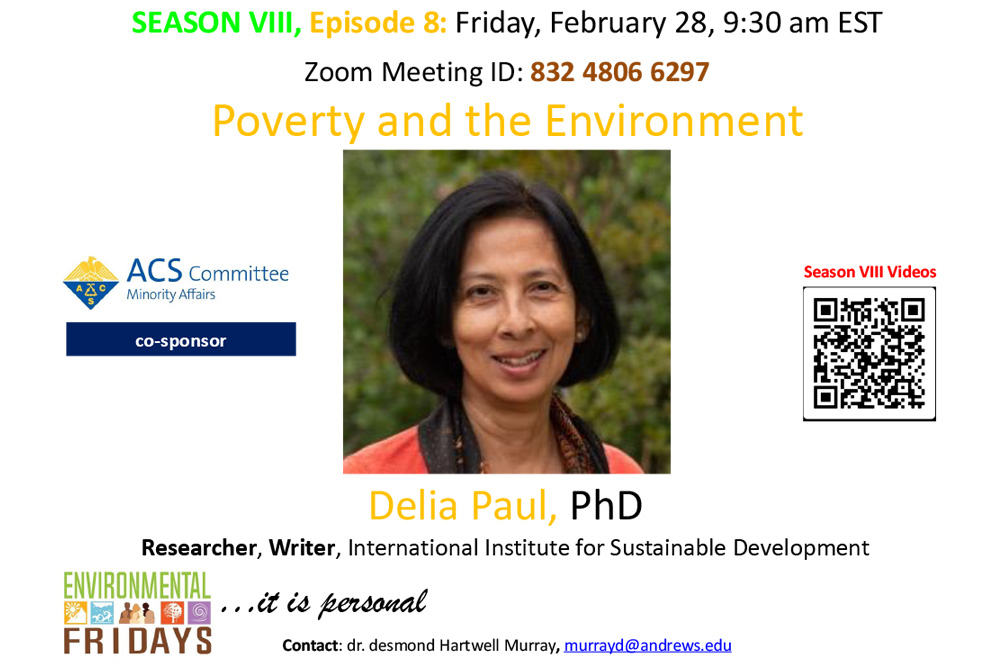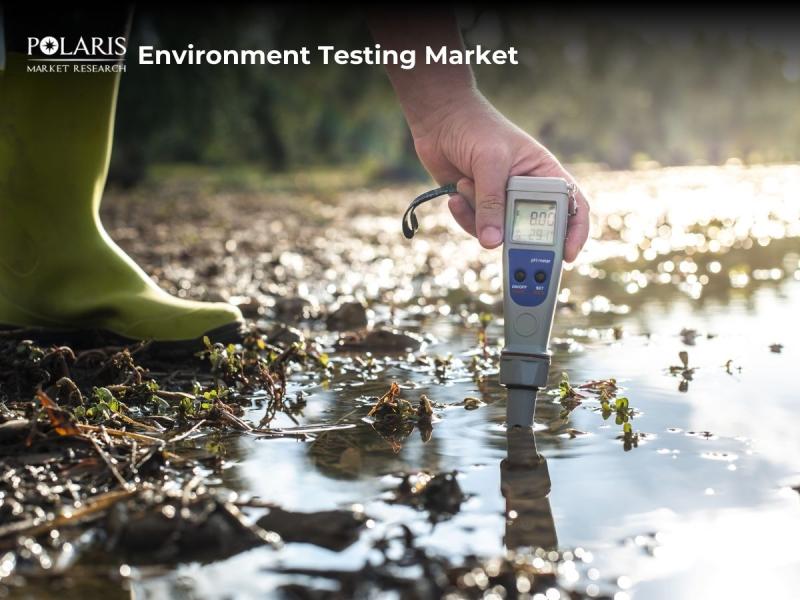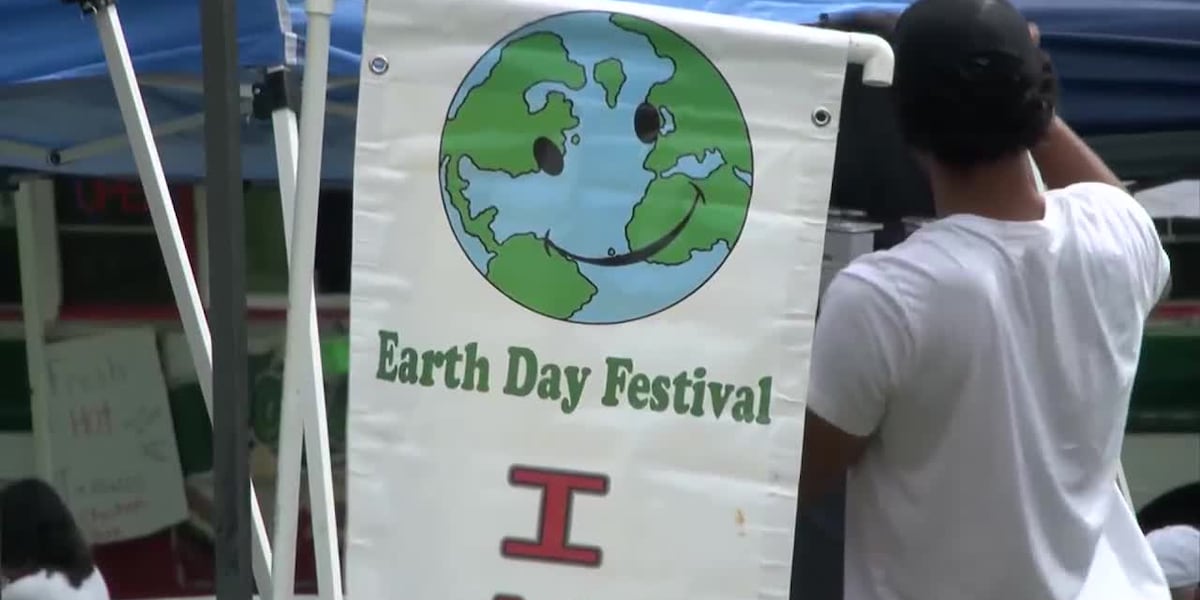Green Gospel: Goa's Church Leaders Declare War on Environmental Crisis
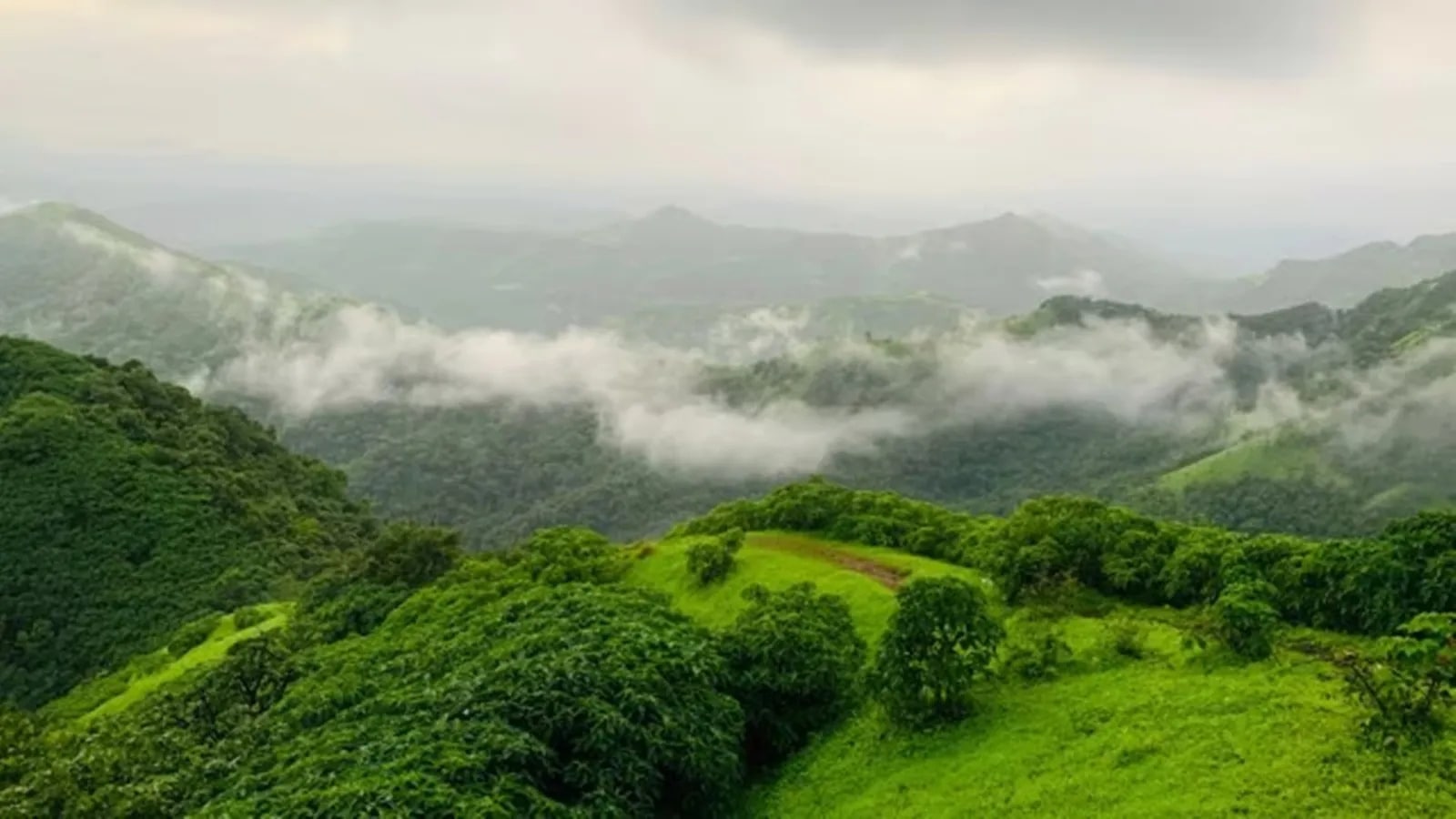
In a significant move towards environmental stewardship, the Diocesan Commission for Ecology of the Archdiocese of Goa and Daman has issued a compelling call for a comprehensive reassessment of the current development project. The commission is advocating for a holistic approach that prioritizes sustainable development models which harmoniously balance social welfare, economic viability, and ecological preservation.
By urging stakeholders to explore alternative strategies, the commission aims to ensure that future development initiatives are not only economically sound but also environmentally responsible. Their recommendation underscores the critical need to integrate ecological considerations into planning processes, promoting a more balanced and forward-thinking approach to regional growth and conservation.

